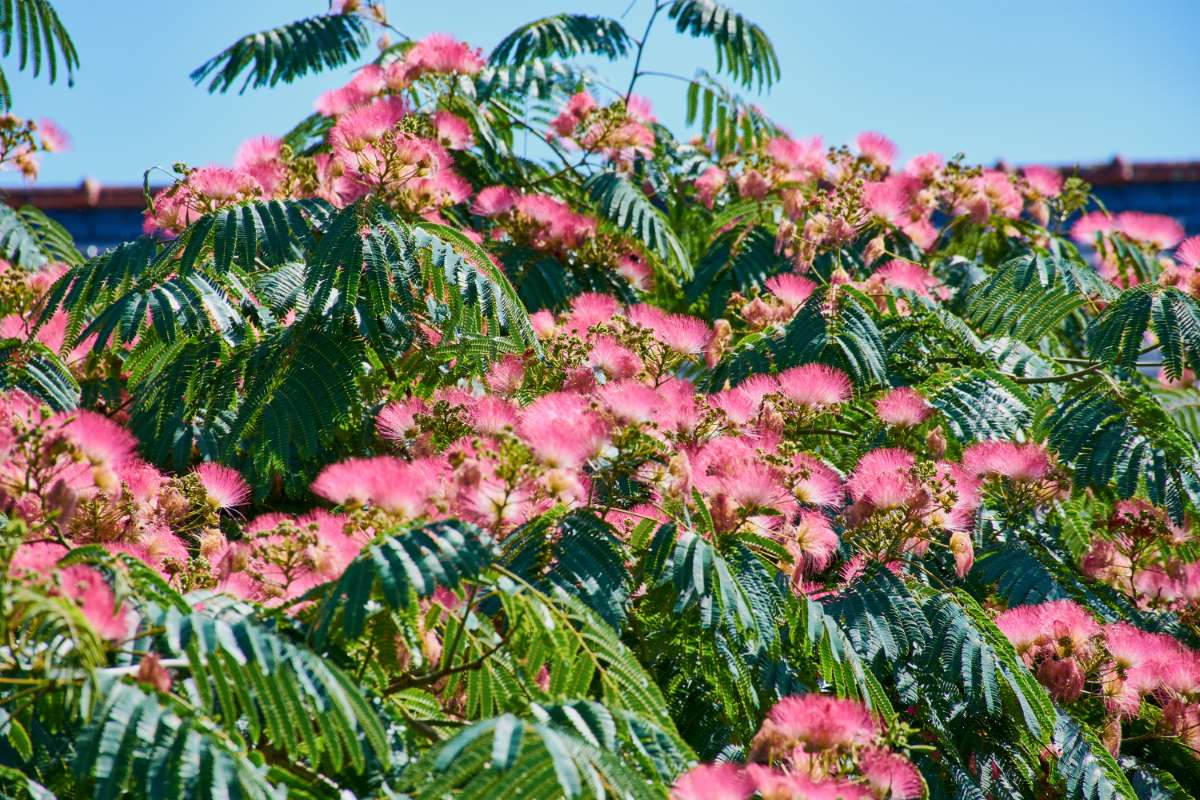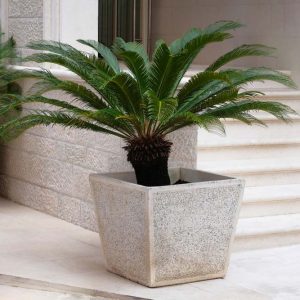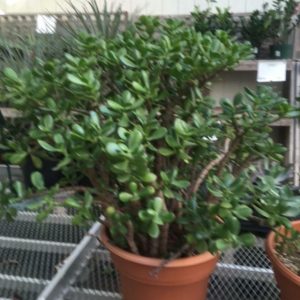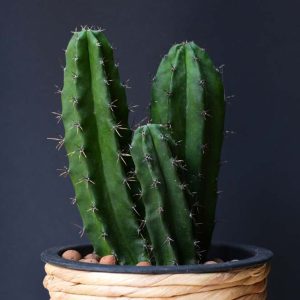Description
Albizia – Paraserianthes
There are about 150 species of fast growing short lived deciduous trees and shrubs and of climber often found in poor soil in sub tropic and tropic regions of Africa, Asia to Australia in this genus. It bears attractive feathery leaves and densely clustered globular small pink, cream, or white flowers in which stamens are far longer and more noticeable then the petals. After flowers, flattened pods appear. Both foliage seedpods provide nutritious feed for livestock and the powered bark as been used as soap.
Under glass grow in soil based potting mix in full light with shade from hot sun and water freely during growing season and apply a liquid balanced fertilizer monthly. Water sparingly in winter. Position in full light with shade from hot sun.
Outdoors they require moisture and warm summer in moderate fertile to poor soil that’s well drained in full sun.
Prone spider mites, white flies, and a variety of fungi cause twig dieback and gall, and vascular wilts.
Albizia julibrissin – Pink Siris – Mimosa – Silk Tree – Persian Silk Tree – This flat crowned large shrub or small tree native to Western Asia grows 20’ feet tall and in breadth seldom living beyond 30 years. As tree matures the crown becomes domed shaped. Feathery or fern like light to mid green compound leaves 12-18” long. In summer above the foliage it bears terminal clusters 3-6” wide of spherical pink or tannish pink flowers. In autumn the foliage turns yellowish.
Zones 6-9





